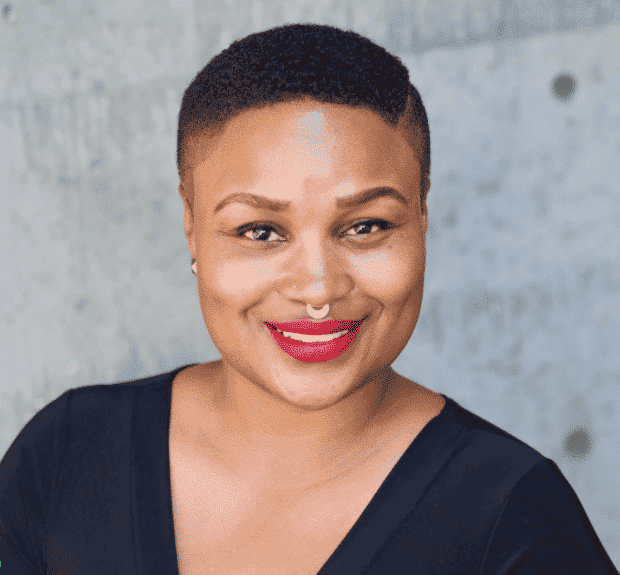Paid Leave Is a Black Queer Family Issue

By Dr. Charmaine Lang
One of the limiting beliefs that I challenge in my activism and scholarly work is that Black women are a monolith: workers, caregivers, not much more. But through reading the work of Zora Neale Hurston, Patricia Hill Collins, Barbara Christian, and other Black feminist scholars, I know that belief is a racist, sexist lie rooted in the enslavement of African people. Black women have been controlled with stereotypes ranging from the asexual mammy to the hyper-sexualized Jezebel. These stereotypes serve to control Black women and justify the ways we are oppressed.
In reality, Black women are dynamic beings: We are parents, teachers, activists, workers, dreamers, and so much more. And we need progressive paid leave programs that reflect, and support, our dynamism. The denial of a comprehensive national paid leave program is one more barrier that queer Black women have to navigate—in a sea of barriers.
In June, my partner and I will celebrate the resistance and Pride of the LGBTQ+ community by logging on to zoom meetups, and joining virtual events—just as we did last year during the pandemic. As we prepare for our second Pandemic Pride, we are also preparing to start our family through adoption. For many, adoption is one route to having children regardless of family formation—single people, heterosexual couples as well as same-sex couples adopt. The thought of welcoming children into our lives, home, and community brings my partner and me tremendous joy and some uncertainty of what we will encounter as a same-sex couple adopting in the conservative state of North Carolina. That is enough to worry about. One hoop we do not have to jump through is accessing parental leave once the time arrives. As two full-time workers, we are lucky enough to have paid leave offered through our employers—but luck should have nothing to do with a worker’s ability to take the time they need to bond with a new child. Every worker in the U.S. should have access to livable wages and paid time off to prioritize their health, wellness, and family-making plans.
While as future parents we will be able to take advantage of our employers’ paid leave policies, too many queer Black families are unable to access paid leave, because their employer does not offer it, they are part-time workers, or, it is not a clear or known policy. LGBTQ+ workers also face heterosexist discrimination in their work environments and policies that do not recognize same-sex couples.
But we know that queer families want access to paid leave. According to a 2018 survey on LGBTQ+ perspectives on paid leave conducted by the Human Rights Campaign Foundation, 92 percent of respondents believe that paid leave would positively impact their lives, while 82 percent of respondents reported paid leave would help them feel more supported at work.
This country’s failure to approve paid leave for its citizens will impact, as always, the most vulnerable: Black queer families. We need a plan for queer working families that will dismantle systems of oppression, not uphold them.
Even when workers have access to paid leave, 12 weeks is not enough. While we are pushing for 12 weeks of paid family and medical leave, we know our communities need more paid time off. More paid time off and ensuring that paid leave is accessible to Black queer families is not only the right thing to do, it is the necessary thing to do in order to secure a robust economic future for the United States.
We need consistent policies that are rooted in a commitment to expansive and inclusive family values, and a bold vision that will meet the needs of every person, so that we are all able to have the support we need. No queer Black family should have to choose between being home to welcome and bond with a new child or continuing to work. A progressive paid leave program will make sure no one has to.